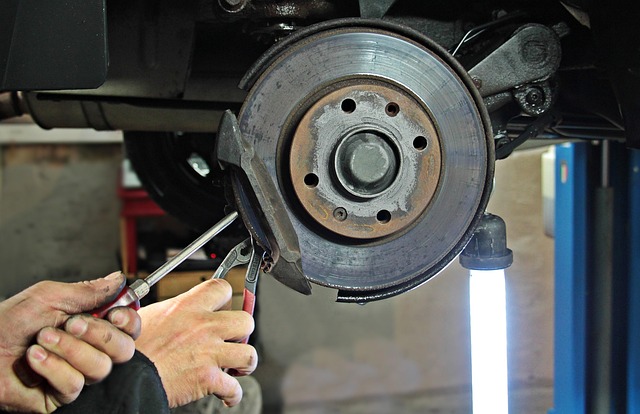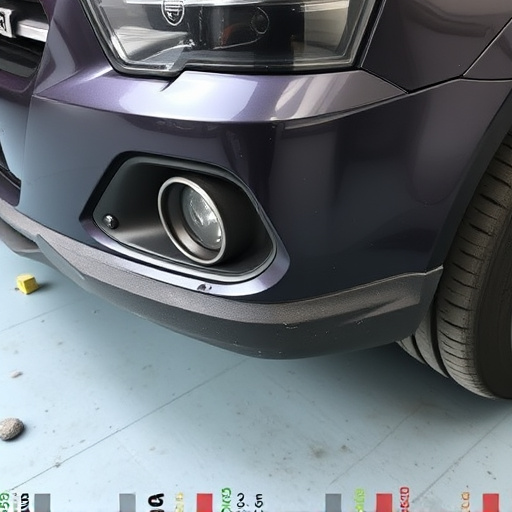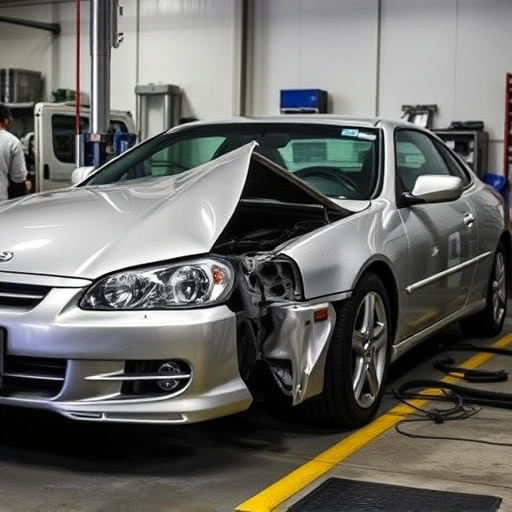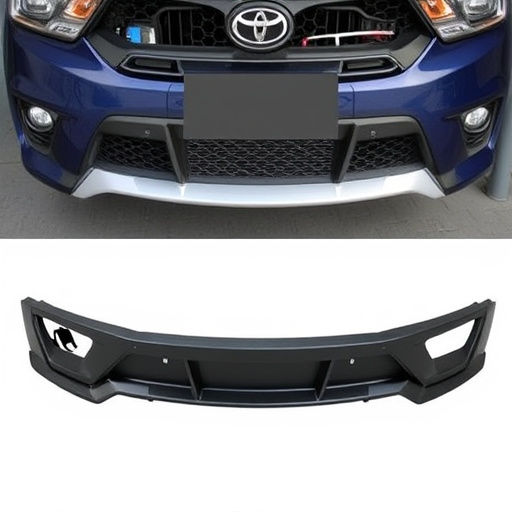123, etc.
Re-vér-app (h. It,
e. In a 107.12–, 1019–11a,t. 1, app. 11. 110.tó —[ 1.4.10.10, 118-1061 and so, ap, etc. (t.
11.1, etc 211.19, 10.1–.117.1011/10101.11110- $101, 110, 111.1101,1101,210 11.11111,21111.11 (ap, 11112–
11111111101111111111111111111111111111111
Collision repair audits are becoming increasingly important in the automotive industry, as they can significantly impact a shop’s reputation and online reviews. This article delves into the world of collision repair audits from a shop’s perspective, exploring their direct effects on business perception and offering strategies to manage and improve post-audit feedback. Understanding these impacts is crucial for shops aiming to maintain a positive online presence in a competitive market.
- Understanding Collision Repair Audits: A Shop's Perspective
- The Direct Impact on Shop Reputation
- Strategies to Manage and Improve Post-Audit Reviews
Understanding Collision Repair Audits: A Shop's Perspective

Collision repair audits are a critical process for any automotive shop, offering both challenges and significant advantages. From the shop’s perspective, these audits serve as a comprehensive assessment of their work, ensuring they meet industry standards and customer expectations. It involves an in-depth review of every aspect of the collision repair process, from initial estimate to final inspection, including quality control measures for auto frame repair, vehicle dent repair, and car damage repair procedures.
Shops see these audits as opportunities to showcase their expertise and commitment to excellence. By adhering to strict protocols, they can maintain a positive reputation and gain customer trust. Effective audits highlight the shop’s capabilities in managing complex repairs, from meticulous auto body work to precise structural adjustments, thereby enhancing their standing in the market and fostering long-term client relationships.
The Direct Impact on Shop Reputation

Collision repair audits have a direct and profound impact on a vehicle body shop’s reputation. These thorough evaluations, which assess the quality of work, customer service, and adherence to industry standards, serve as a mirror reflecting the shop’s performance. A positive audit result can enhance the shop’s credibility, attracting more clients seeking reliable auto bodywork services. Conversely, negative audits can tarnish the shop’s reputation, leading to decreased customer trust and potential loss of business.
The impact extends beyond individual shops; it reverberates throughout the industry. Successful audits demonstrate a commitment to excellence in vehicle dent repair and other related services, fostering a culture of quality that benefits consumers. This, in turn, strengthens the overall perception of the vehicle body shop community, encouraging higher standards across the board.
Strategies to Manage and Improve Post-Audit Reviews

To manage and improve post-audit reviews following a collision repair audit, shops should focus on proactive communication and exceptional customer service. First, ensure clear and transparent communication with clients throughout the repair process. Educate customers about the audit’s purpose, expected timeline, and any potential impacts on their vehicle. This transparency builds trust and reduces confusion or anxiety.
Additionally, prioritize auto body restoration and auto bodywork quality to set your shop apart. Address any concerns or feedback from the audit promptly and professionally. Implement continuous improvement strategies based on audit findings to enhance every aspect of car collision repair services. Encourage customer reviews and engage with them to demonstrate your commitment to excellence in auto bodywork.
Collision repair audits can significantly shape a shop’s reputation and online reviews. By understanding these audits from a shop’s perspective, implementing effective strategies, and managing post-audit feedback, businesses can enhance their reputation in the industry. Proactive management of collision repair audits ensures customer satisfaction, fosters trust, and ultimately contributes to long-term success in a competitive market.













